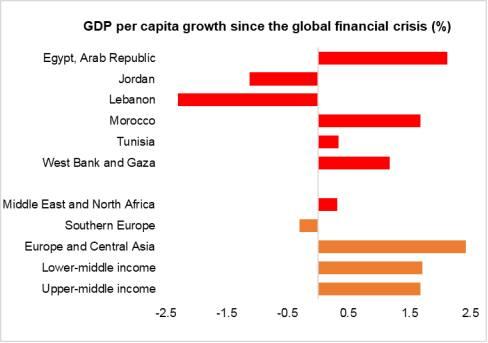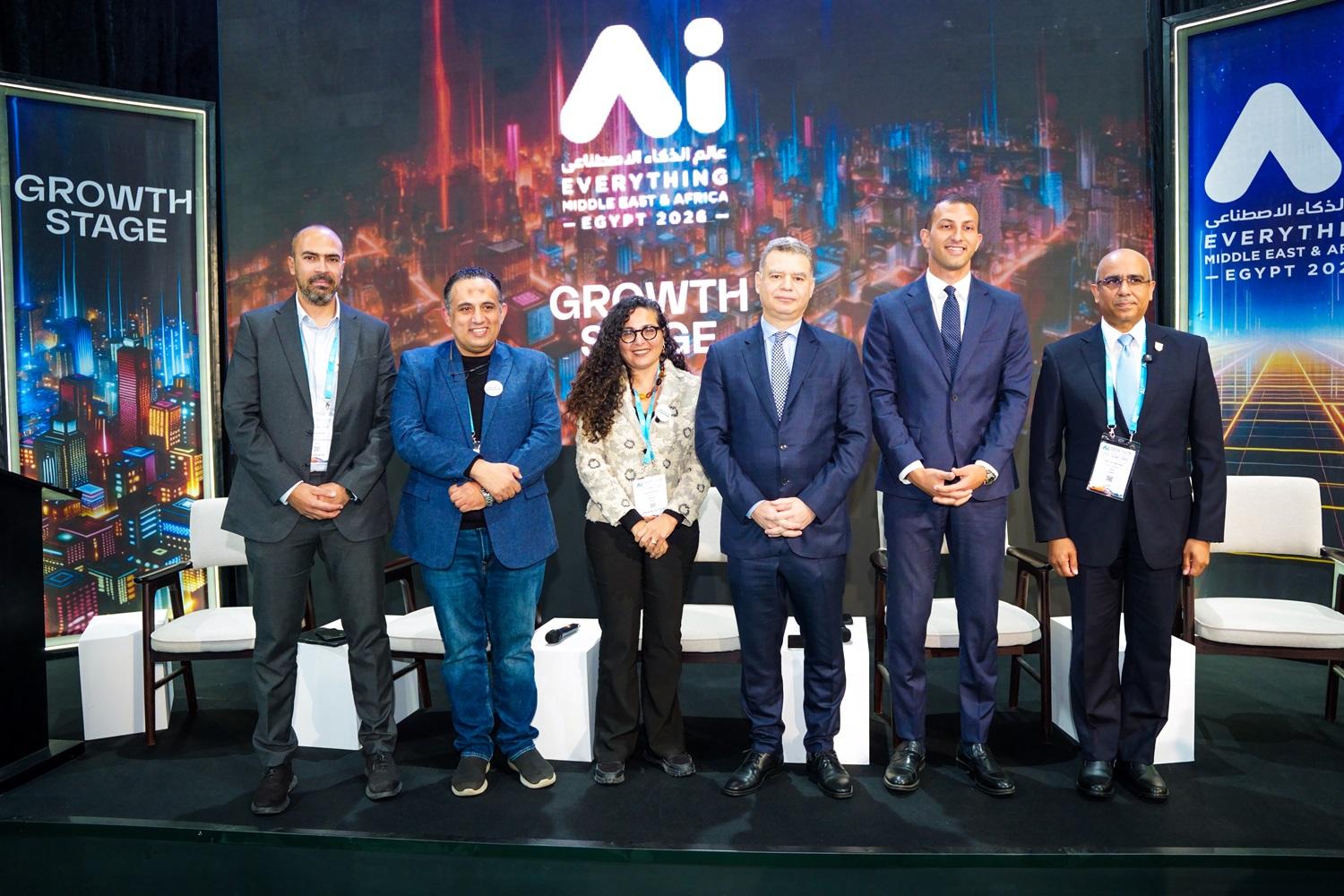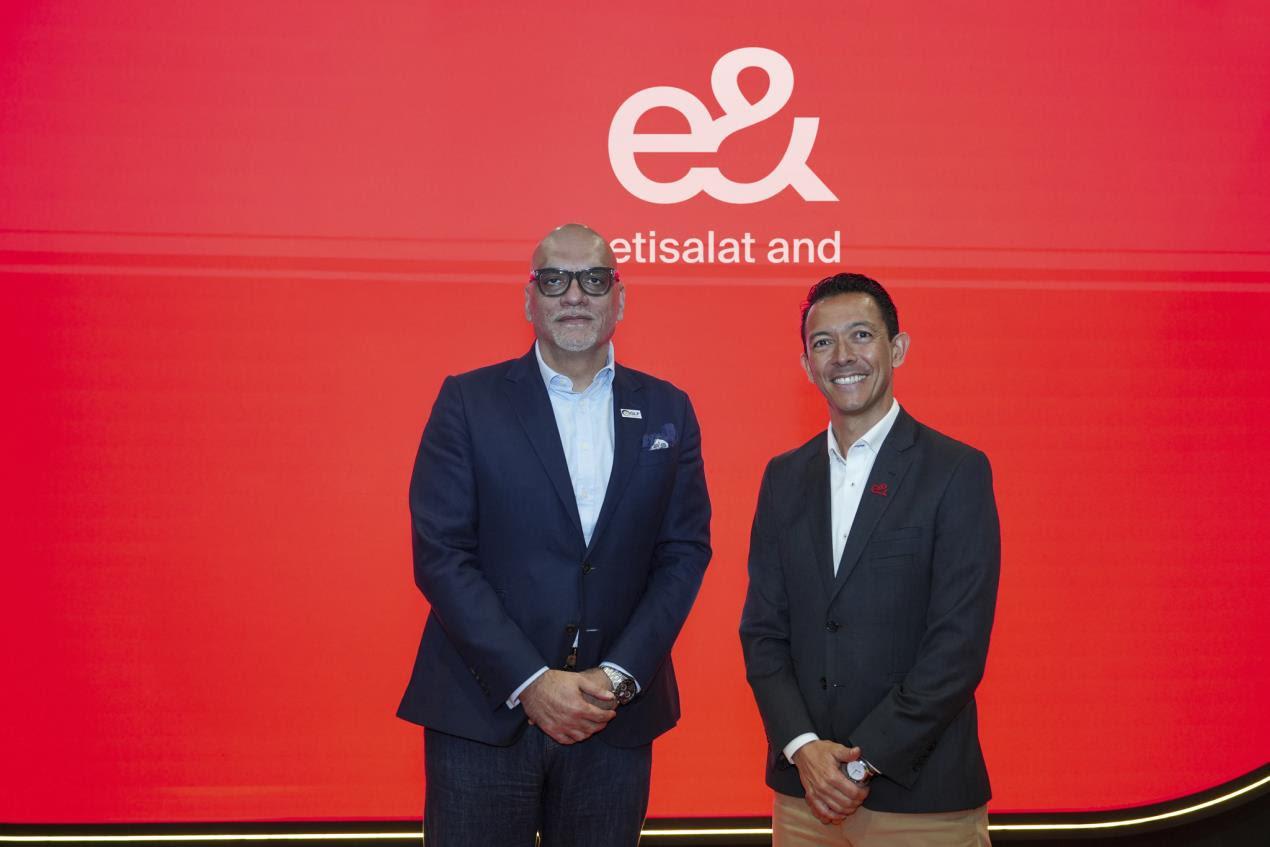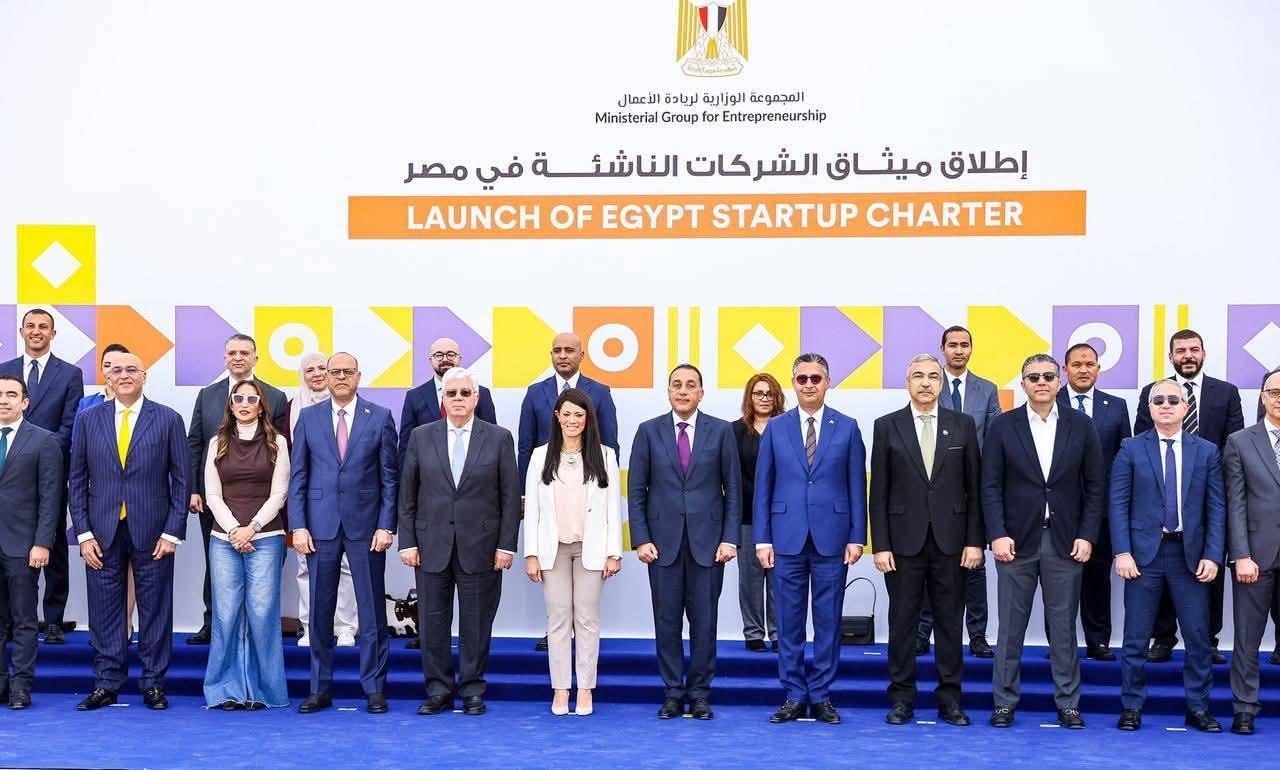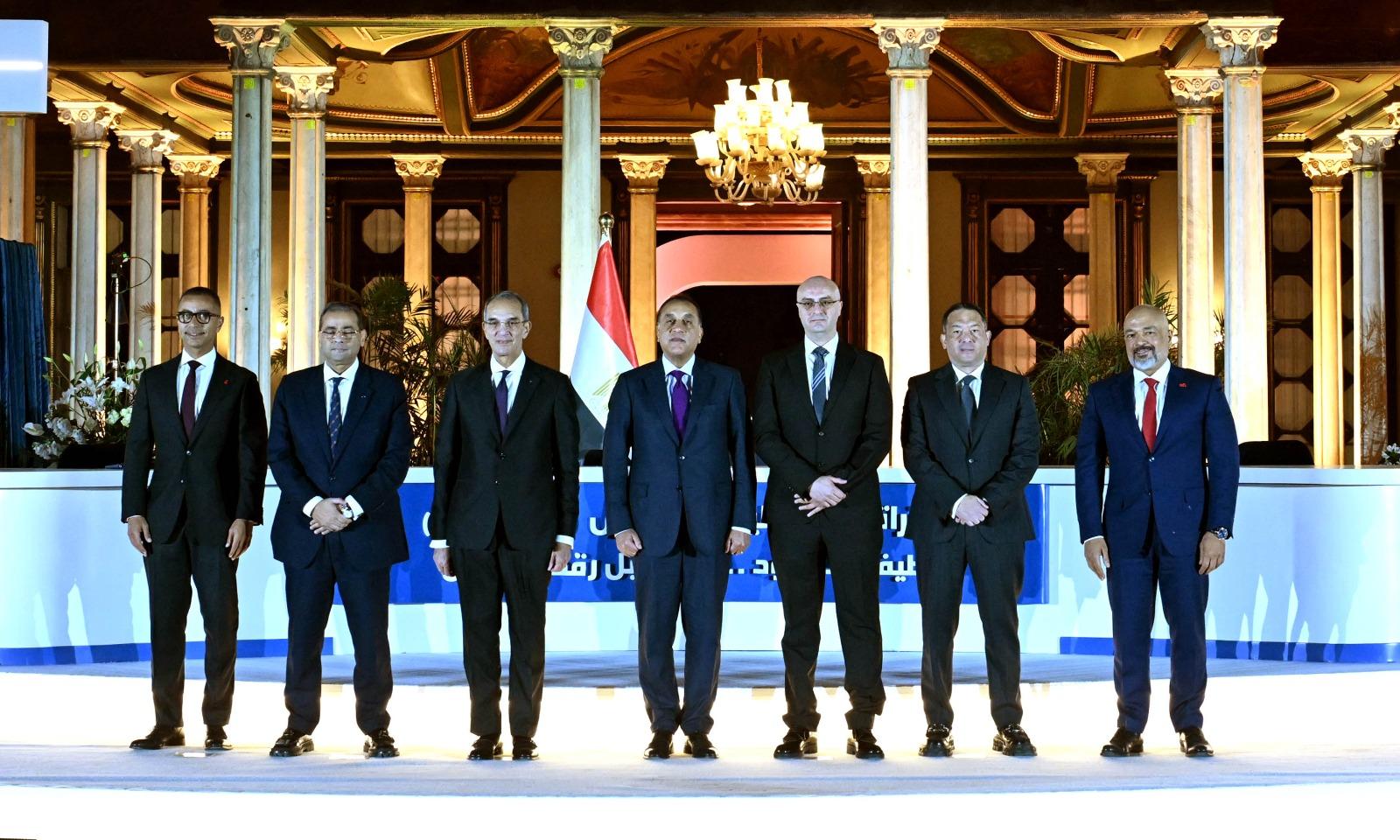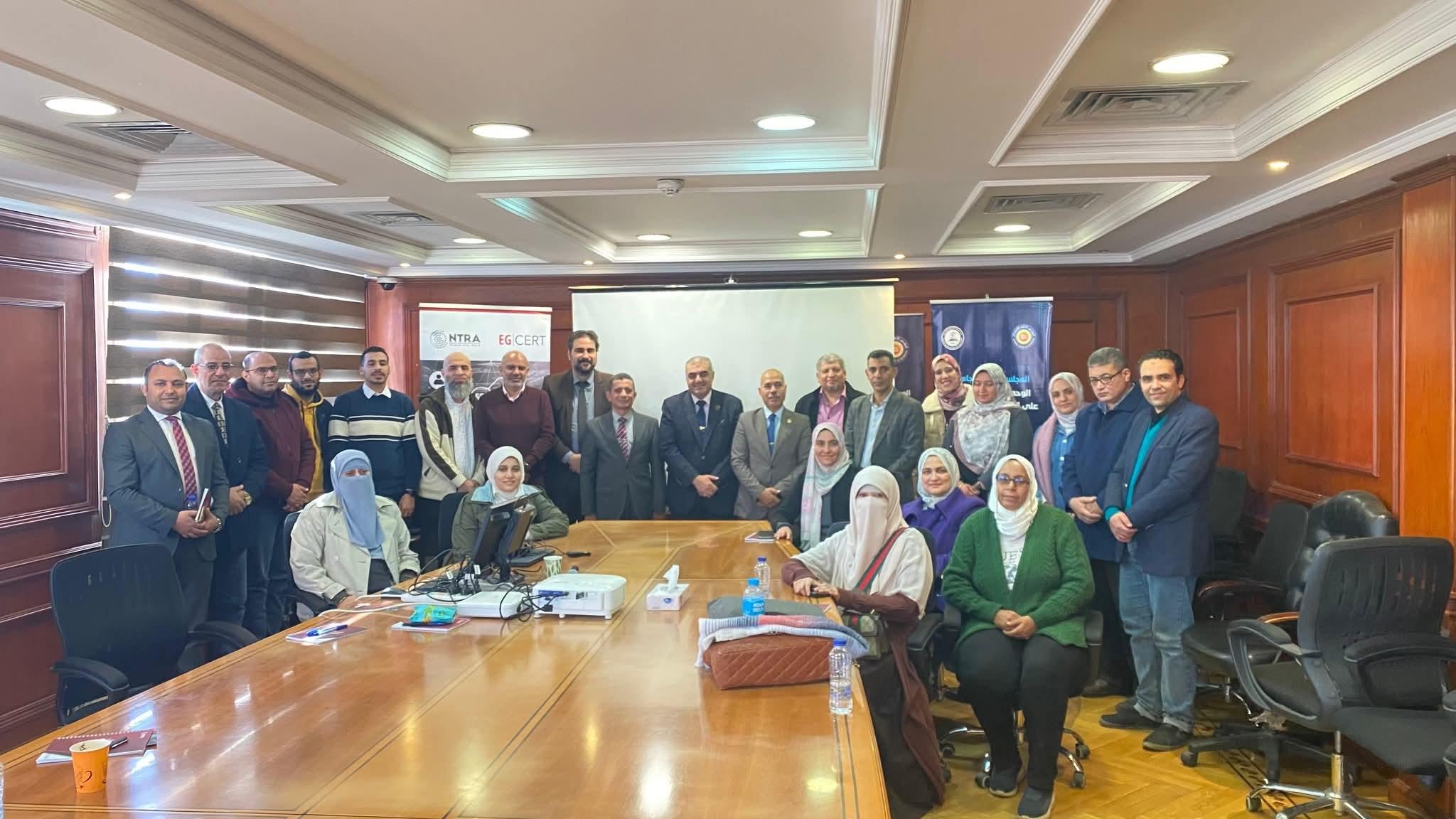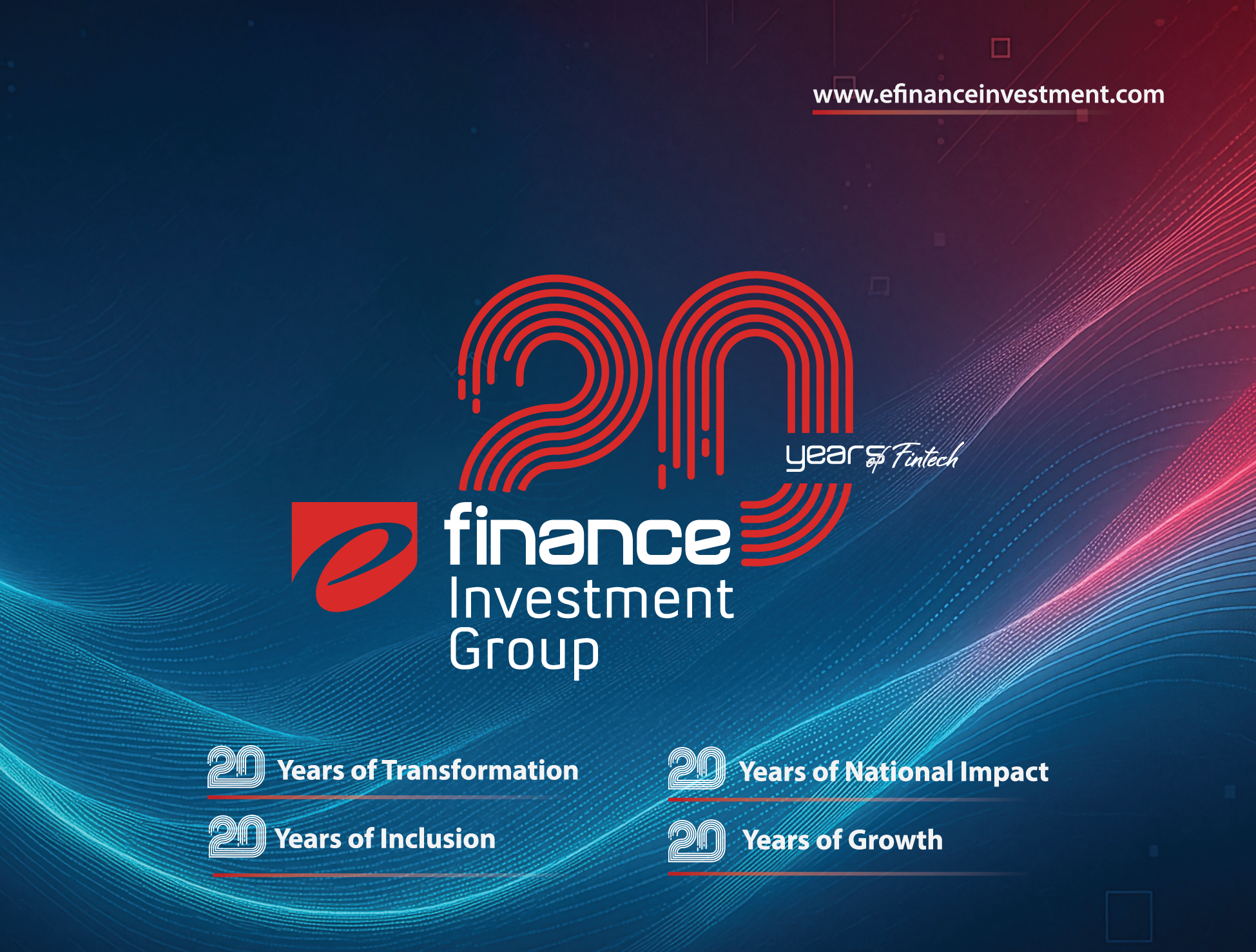By : Basel Khaled – Wael Elhosany
The European Investment Bank (EIB), the European Bank for Reconstruction and Development (EBRD) and the World Bank have published a joint report, Unlocking Sustainable Private Sector Growth in the Middle East and North Africa (MENA). The report analyses constraints on productivity growth and limited accumulation of factors or production in the MENA private sector.
The report is based on the MENA Enterprise Survey conducted between late 2018 and 2020 on over 5 800 formal businesses across Egypt, Jordan, Lebanon, Morocco, Tunisia, the West Bank and Gaza.
Historically, economic growth in the Middle East and North Africa has been weak since the global financial crisis of 2007-2009 and the Arab Spring of the early 2010s. Since then, gross domestic product (GDP) per capita has grown by only 0.3% a year in the MENA region. That compares unfavourably with rates of 1.7% on average in middle-income countries and 2.4% in the developing economies of Europe and Central Asia.
Achieving higher and sustainable growth is particularly important in view of other economic challenges facing the region. Public debt has increased considerably over the last decade, accompanied by declining investment. More recently, the coronavirus pandemic has battered the region, further straining public finances. In addition, the Russian invasion of Ukraine affects the MENA economies through higher hydrocarbon prices, risks to food security and declining tourism.
Against this background, it is important that policymakers exploit the potential of the private sector to propel the region towards greater prosperity.
“The spillovers from the war in Ukraine add to structural vulnerabilities in the region. The prospects for global financial tightening, persistently high energy and food prices and concerns for food security come on top of concerns related to weak economic growth and rising debt levels,” said EIB Chief Economist Debora Revoltella. “When responding to the new shock, MENA countries need to tackle the main structural bottlenecks affecting the region. Reforms that lower regulatory barriers, tackle informal business practices, promote competition, and facilitate innovation and digitalisation are crucial for achieving sustainable economic growth and improving resilience to future shocks.”
